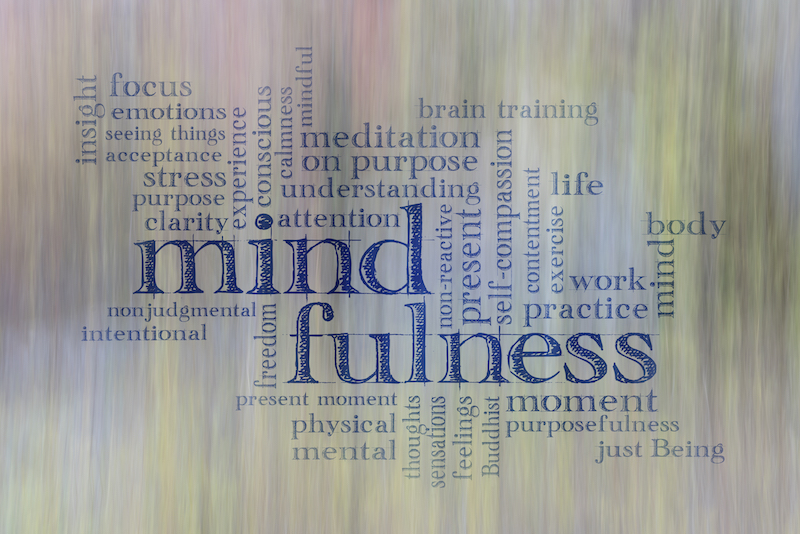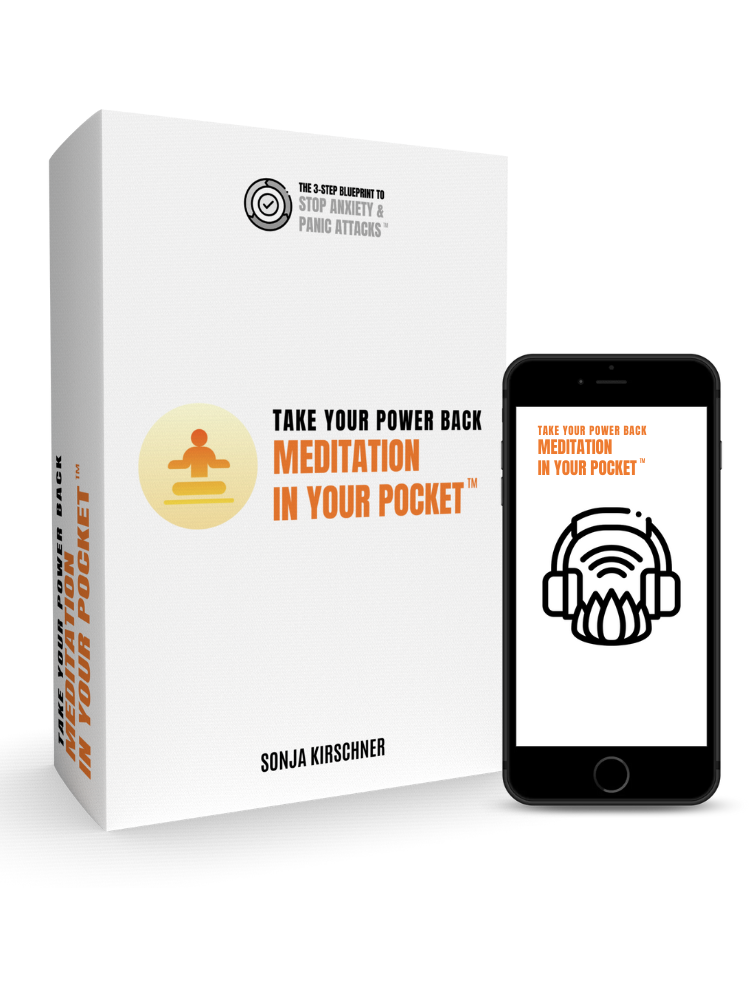Mindfulness is knowing what you are experiencing while you are experiencing it. It is moment to moment awareness, has the quality of being in the now, a sense of freedom, of perspective, of being connected, not judging.
Guy Armstrong
Mindfulness
Mindfulness is about focusing on the magic of the present moment. It gives us permission to give us a break: Rather than fretting about the past or worrying about the future, the aim is to experience life as it unfolds moment by moment and accepting thoughts or feelings without judging whether they are right or wrong.
The practice of mindfulness is immensely powerful. As we rush through our lives, mindfulness encourages us to stop constantly striving for something new or better and to embrace acceptance and gratitude. This allows us to tap into the joy and wonder in our lives and to listen to the wisdom of our hearts.
Mindfulness as a practice of working with the mind is several thousand years old. While many people connect mindfulness with Buddhism and Asian countries, some form of mindfulness practice can be found in most religions and cultures.
Mindfulness is paying attention in a particular way; on purpose, in the present moment and non-judgementally. – Jon Kabat-Zinn
Benefits of Mindfulness Practice
People who are more mindful have higher levels of emotional intelligence, improved relationships and reduced levels of stress. They discover a natural state of mind in which they are focused, present and aware. They have more sustained attention, greater emotional regulation and an increased ability to adopt different perspectives.
When you’re more mindful you’re more open to new ideas, finding an increase in your creativity and an enhanced sense of purpose.
Studies show that a consistent practice of mindfulness increases working memory capacity. That’s essential for helping you make good decisions. It helps you to respond more and react less and it opens up more choice in how you go about things.
The other main benefits of a regular mindfulness practice are:
- Less distress, depression and anxiety
- Greater sense of well-being and life satisfaction
- Greater awareness and understanding of emotions
- Ability to recover from bad moods more quickly
- Reduced negative thoughts (the ability to let them go more quickly)
- Increased self-esteem (less dependent on external factors)
- Improved communication and reduced conflict
- Reduced defensiveness and aggression when threatened
- Increased likelihood of achieving goals
- Increased sense of control over experience
Mindfulness isn’t the answer to all life’s problems, but life’s problems become clearer when seen through the lens of a quiet mind.
Scientific Research backs the Effectiveness of Mindfulness
The UK’s National Institute for Health and Clinical Excellence (NICE) states that mindfulness is life enhancing for those living busy lives who feel they’ve more to offer. It equally suggests mindfulness and meditation as a frontline treatment for certain conditions. Simply speaking, mindfulness is for everyone.
Research in such disciplines as psychology, neuroscience and medicine provides a wealth of evidence that mindfulness improves attention, cognition, emotions, behaviour and physiology. Mindfulness appears to positively impact human functioning overall.
- Mindfulness is good for our bodies: A seminal study found that, after just eight weeks of training, practicing mindfulness meditation boosts our immune system’s ability to fight off illness.
- Mindfulness is good for our minds: Several studies have found that mindfulness increases positive emotions while reducing negative emotions and stress. Indeed, at least one study suggests it may be as good as antidepressants in fighting depression and preventing relapse.
- Mindfulness helps us focus: Studies suggest that mindfulness helps us tune out distractions and improves our memory and attention skills.
- Mindfulness fosters compassion and altruism: Research suggests mindfulness training makes us more likely to help someone in need and increases activity in neural networks involved in understanding the suffering of others and regulating emotions. Evidence suggests it might boost self-compassion as well.
- Mindfulness enhances relationships: Research suggests mindfulness training makes couples more satisfied with their relationship, makes each partner feel more optimistic and relaxed, and makes them feel more accepting of and closer to one another.
- Mindfulness changes our brains: Research has found that it increases density of gray matter in brain regions linked to learning, memory, emotion regulation, and empathy.
Find out more about

find out more
Book your free 30-minute strategy session to find out how mindfulness can enhance your own or your team’s performance at work.
Alternatively, get in touch to book a taster session in which you will be introduced to the idea of mindfulness and a few practical mindfulness exercises that give an experiential flavour of the approach. Participants will leave with practical exercises that they can use in the course of their working days. Taster sessions can be delivered to individuals or groups of people. Get in touch via info@apower3-coaching.com









